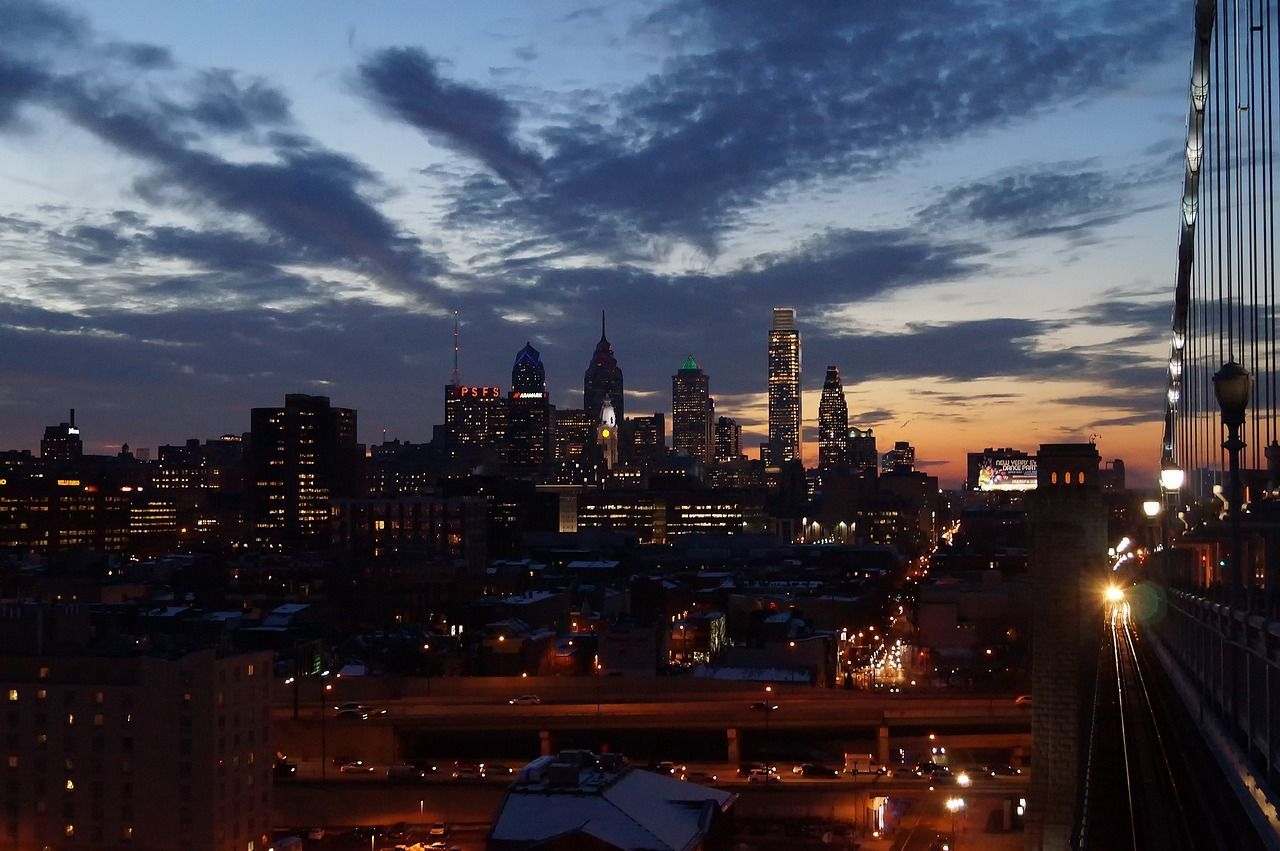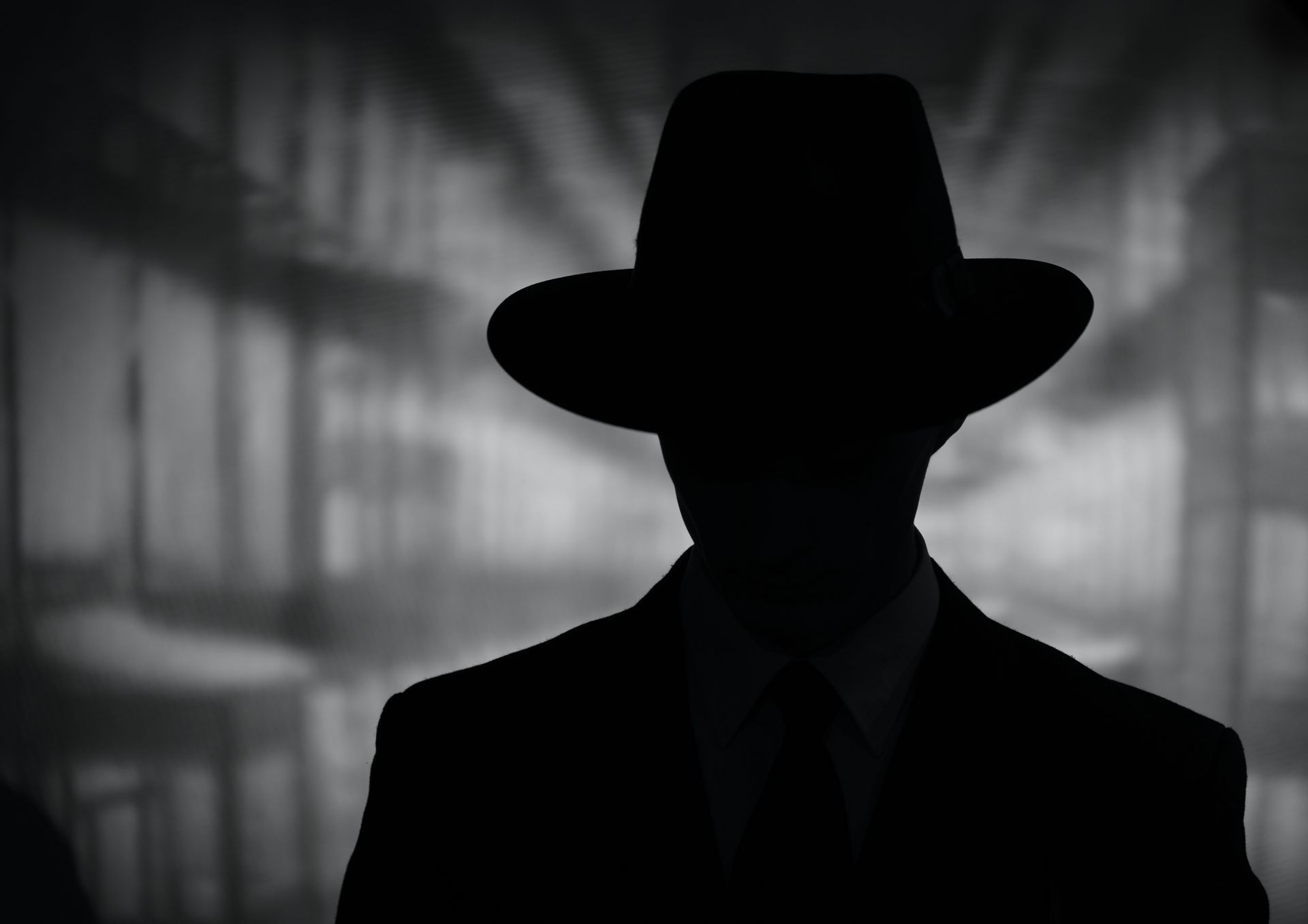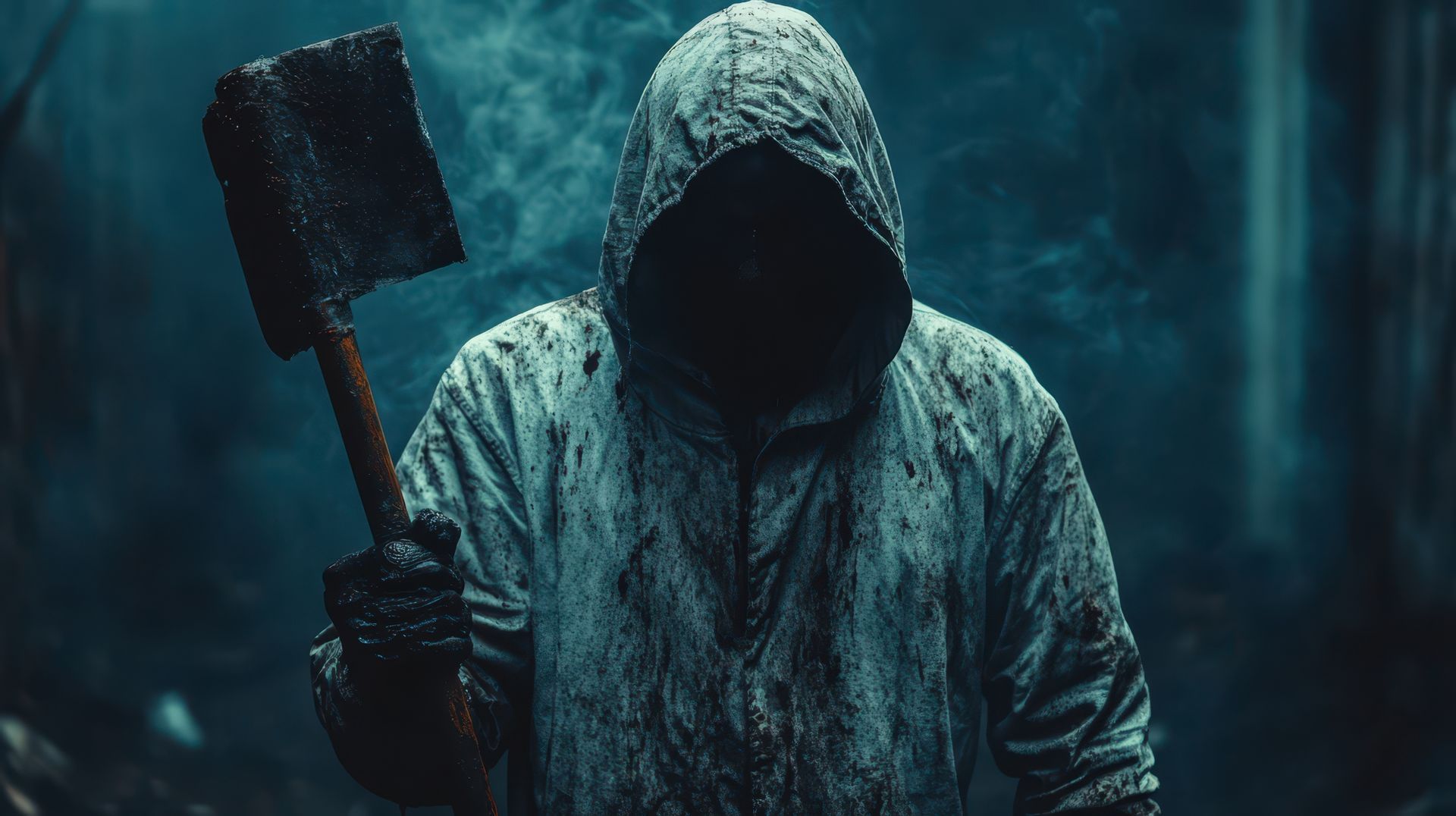Advocate for Cold Case Murder Victims: How Families Are Fighting for Justice in Washington D.C.
Advocate for Cold Case Murder Victims: How Families Are Fighting for Justice in Washington D.C.
In a world where justice is often elusive, the fight for cold case murder victims continues long after the headlines fade. Families of victims, haunted by unanswered questions and unresolved cases, refuse to let their loved ones be forgotten. This unwavering commitment was on full display as Nashville private detective Sheila Wysocki led four families to Washington D.C., united in their mission to advocate for victims' rights. Among them was the family of Lauren Agee, a beautiful young woman from Hendersonville who died under suspicious circumstances at Center Hill Lake. These families, each carrying the weight of their own tragic stories, are determined to push for legislative changes that could bring long-overdue justice. Their journey to the nation's capital is more than just a plea for help; it’s a powerful statement that the voices of the silenced will be heard.
The Unresolved Pain of Cold Case Murders
Cold case murders are not just unsolved mysteries; they are ongoing nightmares for the families left behind. The pain of losing a loved one is compounded by the frustration of an unresolved case, where the truth remains out of reach and justice seems impossible. For the Agee family, the suspicious circumstances surrounding Lauren’s death have left them with more questions than answers. Despite their efforts to uncover the truth, they have faced significant obstacles, including an FBI FOIA request that stated it would take 79 months—nearly seven years—before they could receive crucial information about Lauren’s case. This delay only deepens the anguish, as time continues to pass and the trail grows colder.
The Agee family is not alone in their struggle. Alongside them in Washington D.C. were families from four different states, all of whom have endured similar heartache. Their cases share a common thread: unsolved crimes, botched investigations, and a system that has failed to deliver justice. These families have taken it upon themselves to become advocates, not just for their loved ones but for all victims of cold case murders.
Sheila Wysocki’s Role in Advocating for Victims
Sheila Wysocki is no stranger to the complexities of cold case investigations. A Nashville-based private detective, Wysocki has dedicated her life to helping families like the Agees uncover the truth. Her work is driven by a deep sense of justice and an unwavering belief that every victim deserves to have their story heard. Wysocki's involvement in these cases often begins when traditional investigative avenues have been exhausted, and families are left with nowhere else to turn.
Wysocki's approach is meticulous, combing through evidence that may have been overlooked or dismissed and pursuing leads that others might consider dead ends. Her commitment to these families goes beyond the confines of a typical investigation; she becomes a partner in their pursuit of justice, offering not only her expertise but also her support and empathy. It was Wysocki who spearheaded the trip to Washington D.C., recognizing that the fight for justice often requires more than just uncovering new evidence—it requires systemic change.
The Washington D.C. Advocacy Trip
The journey to Washington D.C. was a pivotal moment for these families. With the help of Wysocki, they sought to bring attention to the challenges they face and to advocate for changes that could prevent other families from enduring the same struggles. Congressman Scott DeJarlais, representing Tennessee, was among the political figures who took notice. He agreed to have his office look into rewriting the homicide victim’s rights bill, a crucial step in addressing the systemic issues that contribute to the mishandling of cold cases.
During their time in Washington, the families met with lawmakers and other officials, sharing their stories and pressing for action. Their primary goal was to highlight the need for more transparency and accountability in the handling of cold cases, particularly concerning the lengthy delays in accessing critical information. The 79-month wait that the Agee family was told they would face is unacceptable, and it underscores the urgent need for reform.
The Broader Movement for Victims' Rights
The advocacy efforts in Washington D.C. are part of a broader movement to reform the way cold cases are handled across the country. These families are pushing for legislation that would ensure timely access to information, better resources for investigations, and greater support for victims’ families. The hope is that by raising awareness and applying pressure at the federal level, these changes can be implemented nationwide.
However, the road ahead is not without challenges. Legislative change is often slow, and there are many hurdles to overcome, including bureaucratic inertia and resistance from those who may benefit from the status quo. But the determination of these families, coupled with the growing public support for their cause, offers hope that meaningful progress can be made.
The Ongoing Fight for Justice
The fight for justice in cold case murders is far from over. Keeping these cases in the public eye is crucial, as it ensures that the victims are not forgotten and that their stories continue to resonate. For the Agee family and the others who traveled to Washington D.C., the journey is just beginning. They are committed to continuing their advocacy, knowing that their efforts could make a difference not only for their loved ones but for countless others who have suffered similar fates.
Communities and individuals can play a vital role in supporting these efforts. Whether through raising awareness, participating in advocacy campaigns, or simply lending a voice to the call for justice, every action helps keep the pressure on those in positions of power. The goal is clear: to ensure that no victim is ever forgotten, and that justice, though delayed, is ultimately served.
Conclusion
The fight for justice in cold case murders is a long and arduous journey, but it’s one that must be undertaken for the sake of the victims and their families. Through the tireless efforts of advocates like Sheila Wysocki and the brave families she supports, there is hope that one day, these cases will receive the attention they deserve. By raising awareness and pushing for legislative change, we can help ensure that no victim is ever forgotten, and that justice, though delayed, is ultimately served.
WOW Blog







